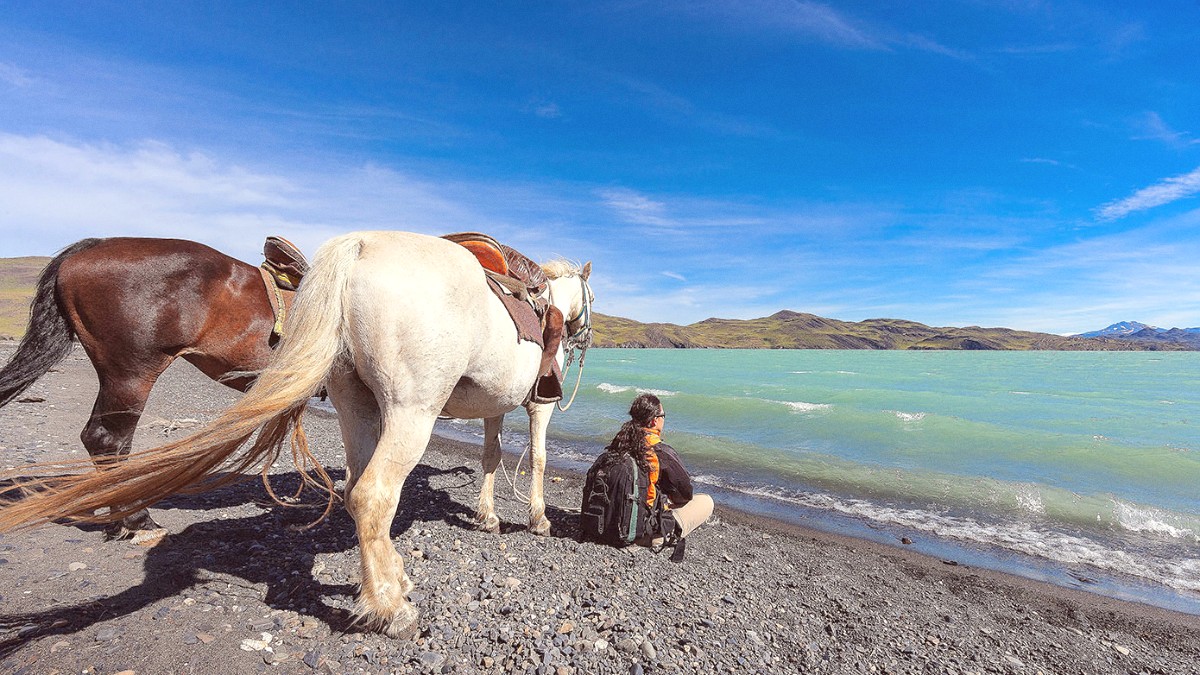
Traditional diets in Nauru focused on local fish, coconut, and a limited range of tropical fruits like pandanus and breadfruit.
Extensive phosphate mining severely degraded much of the island's fertile land. This led to heavy reliance on imported goods. Fresh produce is now scarce and expensive. Modern Nauruan diets include many imported, processed foods.
Fresh fish is a staple, especially tuna and marlin. Coconut, in its milk and flesh forms, also has a role. Pandanus fruit and breadfruit were historically important.
Rice, tinned meats (e.g., corned beef, luncheon meat), chicken, processed foods, and instant noodles form a significant part of the modern diet. These items are more readily available and affordable due to imports.
Nauruan cuisine tends to be simple. Dishes are often grilled or boiled. Spices are used minimally. Coconut is a prominent flavor in traditional preparations.
Given its island location, fresh fish is a staple. Locals often grill or fry tuna and marlin. Ask for the "catch of the day" at hotel restaurants or local eateries.
Fish cooked in coconut milk is a common preparation across the Pacific. This delivers a rich, creamy flavor.
If available, try pandanus fruit (though preparation can be complex and it has an unique texture). Breadfruit is also a traditional starch.
Availability of fresh fruit is seasonal and often limited.
While not traditionally Nauruan, dishes made with imported tinned meats (like corned beef or luncheon meat) are ubiquitous.
They form a significant part of the modern diet due to economic realities. Trying one gives insight into the local diet.
Traditional preparations of fish and root crops might be more prevalent during community gatherings or national celebrations.
Specific festival foods are not well-documented for tourists. If you are fortunate enough to attend a local event, you may experience these dishes.
Nauru lacks formal fine dining restaurants. The Menen Hotel restaurant presents the most upscale dining experience available.
The restaurant at the Menen Hotel and potentially the Od-N-Aiwo Hotel serve as your mid-range options.
Small, informal eateries dot the ring road, especially near commercial centers or the airport.
International cuisine options are predominantly limited to basic Western fare or some generic Asian (e.g., Chinese, Filipino) interpretations.
You will find these at hotels or larger local eateries. Diverse culinary choices are not present.
You will not find a wide array of specialized international restaurants.
Food availability reflects the island's import dependency and smaller scale.
Extremely limited. Most meals involve meat or fish. Fresh vegetables are scarce and expensive. Self-catering with imported goods or basic rice/noodle dishes is often the strategy.
Dining with gluten-free or other allergen needs is very difficult. Local eateries and hotels are unlikely to have specific knowledge or separate preparation facilities. Extreme caution is advisable for severe allergies. Carry safe foods.
Not readily available. Nauru is predominantly Christian. Travelers requiring certified food would need extensive prior arrangements or self-catering with imported products.
Packing non-perishable foods from home delivers suitable options for specific dietary needs.
Nauru does not have formal food halls. The public market, if open, focuses on very limited fresh produce.
It is not a place for prepared meals. Diverse culinary choices are not present.
Consider self-catering as the main option for specific dietary needs.
Availability of basic ingredients for self-catering can vary, mainly relying on imported goods from the supermarket.
The public market, if open, focuses on very limited fresh produce. It is not a place for prepared meals.
Observe local cuisine through images.
Vegetarian and vegan options are extremely limited. Most meals revolve around meat or fish. Fresh vegetables are scarce and expensive.
Halal and kosher options are not readily available. Nauru is predominantly Christian.
Dining with gluten-free or other allergen needs is very difficult to accommodate.
Formal culinary experiences for tourists are not a feature of Nauru's tourism scene.
Organized cooking classes and food tours are not available as tourist activities.
Visiting local fishing operations might be possible through informal contacts.
This gives a glimpse into the main local food source.
Nauru does not have formal food halls. The public market, if open, focuses on very limited fresh produce. It is not a place for prepared meals.
No regular food festivals are publicized specifically for tourists. Community events or national holidays might feature local food. These are not tourist-oriented events but local celebrations. Inquire locally about upcoming community gatherings.
The most "unique" dining experience you will find is eating at a local canteen. This offers a chance to observe daily life and try the simple, staple meals that form the core of the local diet. It is an authentic, no-frills experience.
Managing special dietary needs in Nauru can be quite challenging.